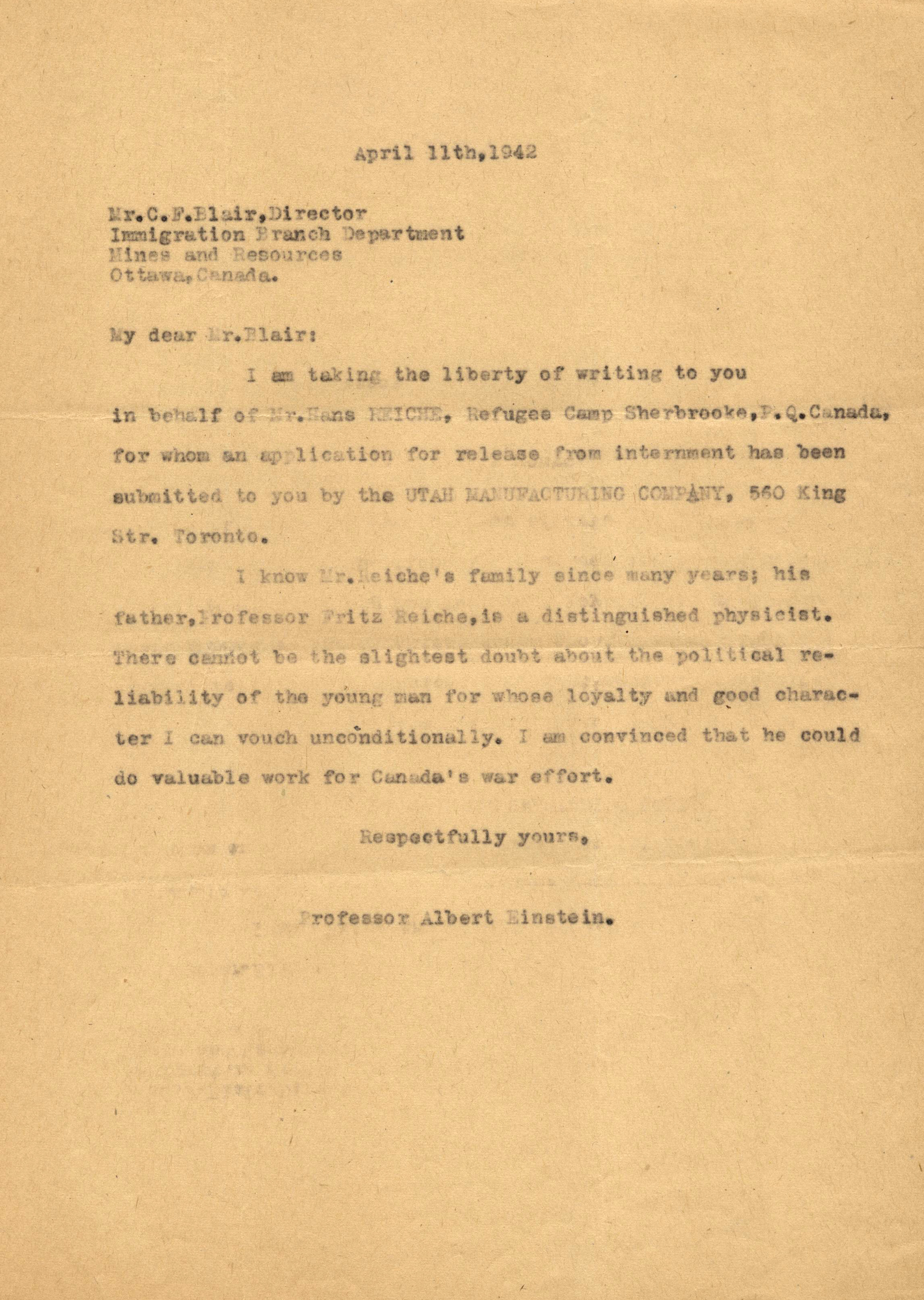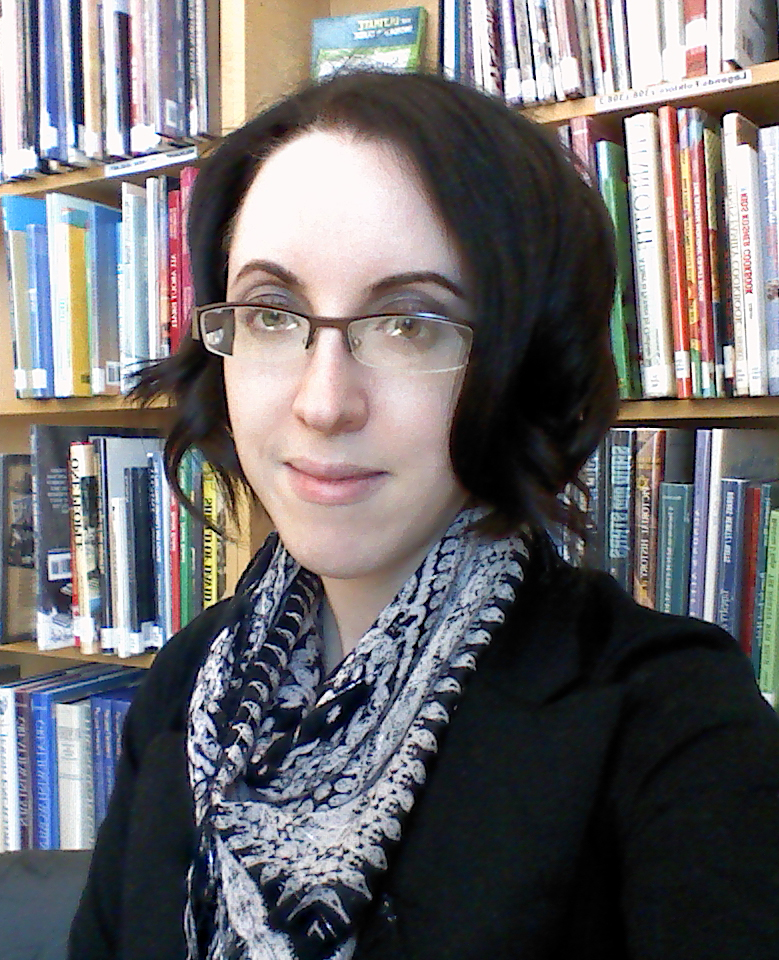Hans Riche was a German-born Jew and engineer who fled to England just before the beginning of the war. He was only there a short while before he was deported due to his “suspicious” German origins; despite the fact that he was a Jew who had fled from certainpersecution. He was sent by ship to a “friendly alien” camp in Quebec, Canada in 1940. Unable to prove to the Canadian government his benign intentions, he was kept there until June, 1942, at which time family friend Dr. Albert Einstein wrote to the Minister of Immigration in Canada, Mr. F. C. Blair, and vouched for Hans’ exemplary character.
Arie van Mansum lived in Utrecht, Holland when the war started. As members of the Dutch Reformed Church, respect for Jews was a value instilled in him and his sister by his devoutly religious parents. In 1940 at only the age of 20, Arie was travelling around Holland as a salesman. It was during this time that he undertook the dangerous task of distributing the Dutch underground newspaper “Vrij Nederland” (Free Netherlands). Very soon after, he started finding safe homes where Jews could be hidden. He was also involved in the distribution of food stamps and false identification cards for the Jews in hiding. His work came at a price however, with the murder of his partner Derk van Assen by the Nazis, and his own capture and internment towards the end of the war.
Erwin Koranyi was a Jewish man living in Budapest, Hungary during the war. In constant peril, he and his wife Lici narrowly escaped with their lives numerous times as they were forced into Jewish districts and caught in random round-ups. Their lives and the lives of their families were just some of the tens of thousands saved by Swedish diplomat Raoul Wallenberg, who presented them with a protective pass which falsely claimed them to be Swedish citizens, and as such, were made unable (or much less likely) to be deported to certain death.
All three moved to Ottawa either during or following the war, and as such became a part of the rich history of the Jewish community here. At the Jewish Archives, we are so grateful to have been bestowed the documents and papers of these individuals, chronicling their stories and hardships, along with the ability to keep and preserve their material in order to share it with the world.
— Emily Leonoff BFA, MAC
Archivist / Paper Conservator

